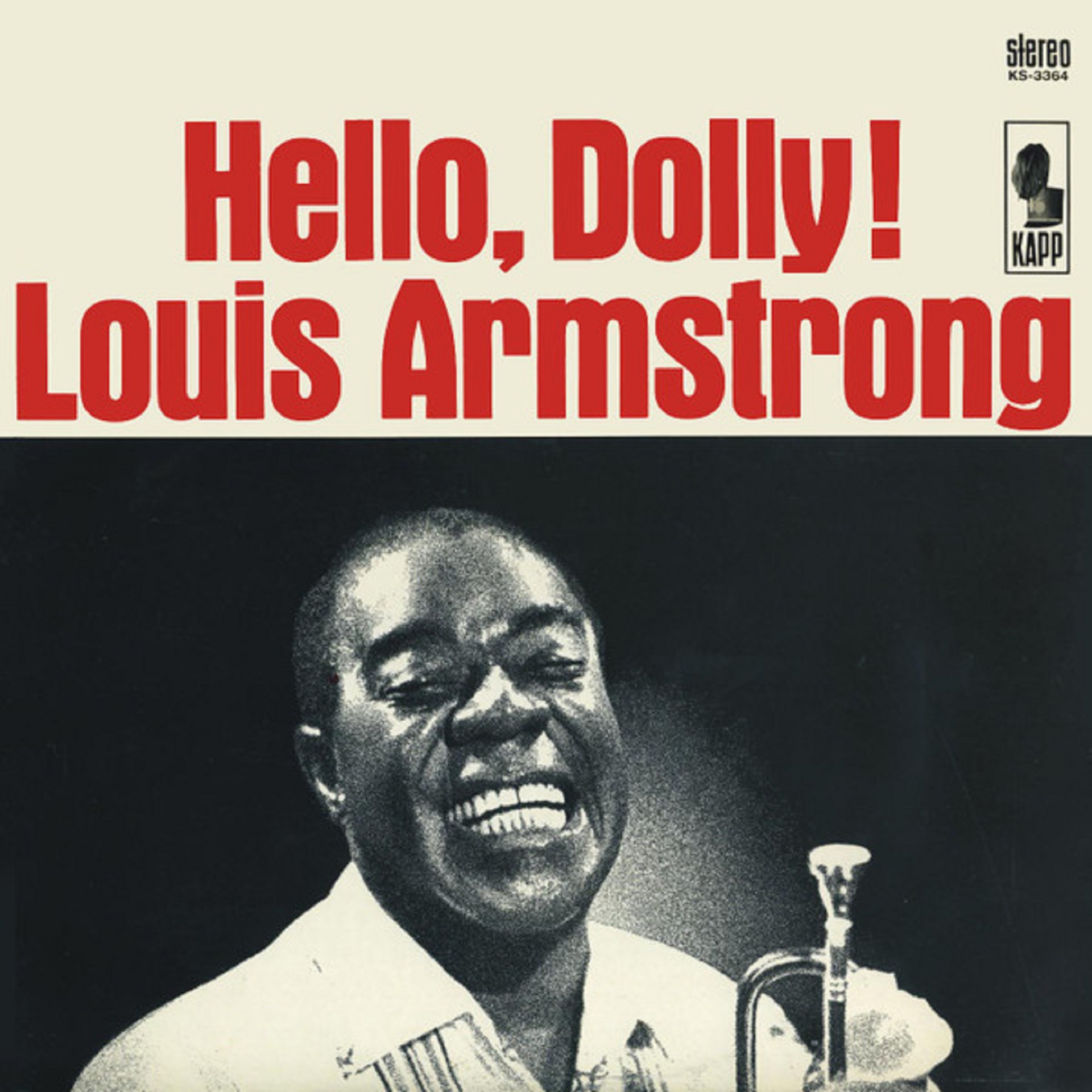"Hello, Dolly!" is a classic song originally from the 1964 Broadway musical of the same name. Louis Armstrong's version, released the same year, is perhaps the most widely recognized rendition of the song, despite it being one of many interpretations.
Armstrong's unique and signature raspy voice is a perfect fit for the vibrant and upbeat jazz composition. His interpretation of the song adds an unparalleled level of warmth, charm, and personality that continues to resonate with listeners.
Starting with a brisk brass introduction, the song quickly takes off with Armstrong's infectious enthusiasm and the swinging rhythm of the band. Armstrong's trumpet also has a chance to shine, adding another layer to the lively arrangement. The power and charisma of his voice are evident in every note, and he delivers the lyrics with an ebullience that's impossible to ignore.
The song's lyrics are filled with a deep sense of longing and affection. They tell a touching story of reunion and old romance rekindled. Armstrong's interpretation is both playful and deeply sincere, giving a sense of depth and character to the titular Dolly.
Armstrong's "Hello, Dolly!" is an exquisite fusion of classic Broadway and traditional jazz, demonstrating the musician's remarkable ability to transcend genres and styles. This version became so popular that it topped the Billboard charts in 1964, even displacing The Beatles during their initial rise to fame.
This rendition of "Hello, Dolly!" stands as a testament to Armstrong's status as a seminal figure in 20th-century music. It's a must-listen for fans of jazz and classic American music. His energetic performance, the skilled musicianship of his band, and the timeless charm of the song itself make this version an undeniable classic.
The author generated this text in part with GPT-3, OpenAI’s large-scale language-generation model. Upon generating draft language, the author reviewed, edited, and revised the language to their own liking and takes ultimate responsibility for the content of this publication.






















